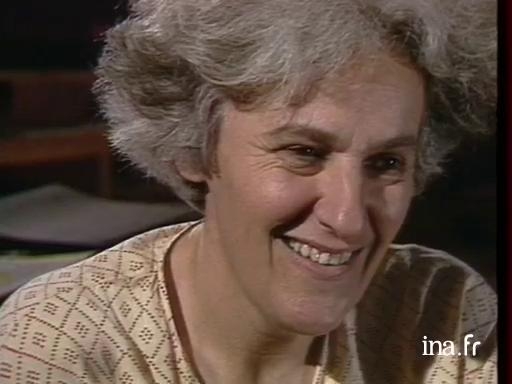Ariane Mnouchkine

Information
Ariane Mnouchkine answers Fabienne Pascaud's questions and attempts to define her theatre. She brings up the links between theatre and politics, the role of subsidized theatres and the way her company works.
Context
Ariane Mnouchkine was born in 1939. She put on her first play in 1961 with a theatrical association that she founded at the Sorbonne. After much travelling, she created the Théâtre du Soleil (Theatre of the Sun) in 1964, a cosmopolitan cooperative based on community and political engagement ideals. In 1969, the troupe met real success in Milan with1789. The show was played at the Cartoucherie de Vincennes where she moved to in 1970.
Beyond the will to create a theatre accessible to a large audience, the proximity between audience and players was assisted by the arrangement of the stage and seating, treating them as meeting spaces before and after the shows. In 1977, Mnouchkine wrote and directed the filmMolière. In 1981 it was back to the theatre with a series of Shakespeare plays. Then followed several remarkable plays based on texts from the contemporary author Hélène Cixous. The political and militant aspect of Mnouchkine's theatre was enhanced with a real aesthetic dimension, often drawing from Oriental rituals. With the collective creation ofLe Dernier caravansérail(2003) andLes Ephémères(2006), the Théâtre du Soleil showed itself to be resolutely facing the contemporary world.
In 2007, Ariane Mnouchkine was named chair of artistic creation of the Collège de France for twelve months. The same year, she received a special Lion d'Or for her whole career at the 39th international theatre festival in Venice.




